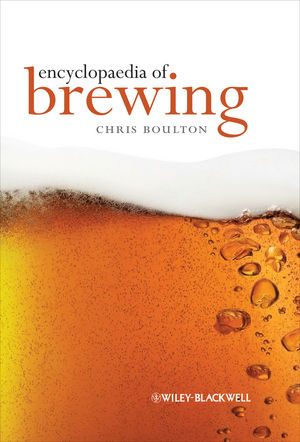Beverage Beat
Artificial intelligence can inspire next-generation beverages
Cocktails, consumer engagement aspect influenced by AI

Image courtesy of B Cellars
When it comes to artificial intelligence (AI), I am neophyte. The extent of my use is playing music, setting timers, asking for scores of games or letting my kids ask the device to tell a joke. Although no one will be asking me the latest on AI for at-home use, I am well aware that AI is having a growing impact on various industries and shows no signs of stopping.
According to a report released earlier this year by MarketsandMarkets, the global artificial intelligence market size is expected to grow from $86.9 billion in 2022 to $407 billion by 2027, at a compound annual growth rate (CAGR) of 36.2% during the forecast period.
Although when people think about the industries most likely to embrace AI, beverage manufacturing might not jump to mind, but chatter is showing that there are plenty of ways that formulators can be inspired by AI.
As part of its blog, fashion retail company Fashion Nova shared it used ChatGPT to create a signature cocktail for every state based on the flavors, flowers and fame for every state, plus Washington, D.C. Beyond the recipes, the blog post used Midjourney, a generative artificial intelligence program, to generate images for each cocktail. Examples like this exemplify how on-premise locations can take advantage of AI tools to inspire unique cocktails that speak to the local community ― which cannot be easily found in a ready-to-drink counterpart.
Beverage manufacturers also have found ways to use AI to better understand their consumers. B Cellars retained Metis, a propriety, cutting-edge AI and behavioral research program, to provide insights into the emotional connection it’s making with its consumers.
“One of the great things about the B Cellars study was including non-winery businesses,” said Kyle Richey, co-founder of Metis, in a statement at the time of the release. “This was a counter-intuitive approach to figure out how to build a wine business ― very revolutionary.” The study included restaurants, hotels and retailers, it reported.
What it found was that B Cellars consumers’ main motivation was their belief in the integrity of the brand. “They wanted to go on a journey of enrichment, with B Cellars as the guide,” Richey stated.
This prompted co-founders Duffy Keys and Jim Borsack to turn away from selling through third-party distributors to focus on selling exclusively direct to consumers. What they describe as a major turning point in the B Cellars success story.
And perhaps one of the bigger headline makers in the beverage market in terms of AI was when Hungary-based HELL ENERGY unveiled its first energy drink entirely powered by AI. Every aspect of the energy drink has been crafted by advanced AI systems, including the design, recipe, tasting and taste evaluation, predictive intelligence, security measures and marketing elements, the company says.
AI created three flavor variations for fine-tuning and digitized them using the technology of a New York-based company, it notes. After tasting all three drinks and analyzing extensive data and statistics, the AI utilized predictive intelligence to select the winning flavor: Tutti-frutti & Berry-blast.
HELL ENERGY also ensured compliance with food industry legislation, including the optimization of European Food Safety Authority (EFSA) recommendations and adherence to the recommended daily allowance (RDA) standards, it says.
As the AI market size looks to only be growing, beverage manufacturers can find ways on how this technology can inspire the future.
Looking for a reprint of this article?
From high-res PDFs to custom plaques, order your copy today!








